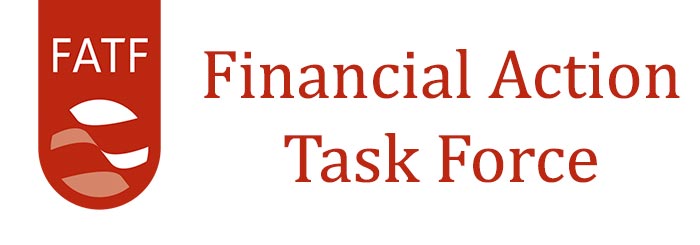According to a blog post on the official website of OKEx, the Korean branch of the exchange announced the end of support for privacy-focused coins that was listed on the exchange. From Oct. 10, the exchange will no longer support trading in Monero (XMR), Dash, Zcash (ZEC), Horizen (ZEN) and super bitcoin (SBTC). However, withdrawal services will stop on Dec. 10, 2019. The reason behind this move is that these coins violate the Financial Action Task Force (FATF) travel rule.
The blog post reads:
According to the statement in FATF R.16, OKEx Korea has restricted the implementation of the ‘travel rule’ as it is recommended that exchanges be able to collect relevant information such as the name and address of the sender and recipient of the virtual asset. Privacy-oriented cryptocurrency, aka that ‘the dark Coin’ has decided to take the deal end-of-support measures of the corresponding event.
FATF’s much-debated travel rule requires virtual asset service providers (VSAPs) and crypto exchanges to collect and transfer customer information during transactions.
On February 22, 2019, Financial Action Task Force (FATF) made a proposal for its 37 member countries to manage the money laundering and terrorist financing risks associated with virtual asset activities. This proposal became the FATF standard for crypto assets in June 2019. This proposal, in R16, states:
Countries should ensure that originating VASPs obtain and hold required and accurate originator information and required beneficiary information2 on virtual asset transfers, submit the above information to beneficiary VASPs and counterparts (if any), and make it available on request to appropriate authorities. It is not necessary for this information to be attached directly to virtual asset transfers. Countries should ensure that beneficiary VASPs obtain and hold required originator information and required and accurate beneficiary information on virtual asset transfers, and make it available on request to appropriate authorities.
Concerned about the misuse of crypto assets, FATF gave its member time of 12 months to implements these standards with a review set in 2020. In case, if an exchange or virtual assets service providers fails to comply with AML/CFT requirements in line with Recommendation 35. Sanctions should be applicable not only to VASPs but also to their directors and senior management.
FATF said that it wants to make sure that VASPs are not operating in the dark. The organization can allow proper use of digital assets but it will not the continued use for illicit activities.











